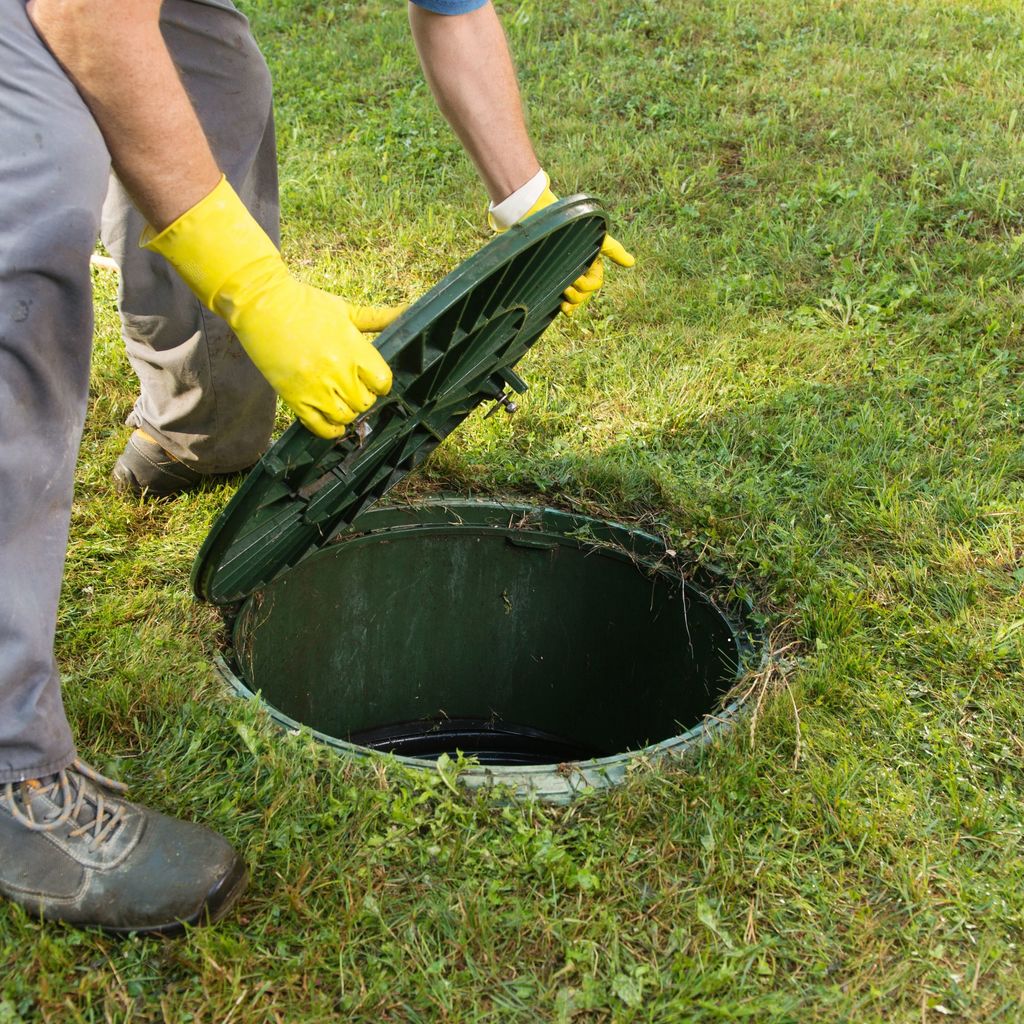
Florida homeowners, particularly those with septic systems, should prepare for significant changes in septic system regulations and associated taxes. These changes are poised to impact both current and prospective property owners. Here’s a detailed look at what you need to know about the upcoming septic tax changes in Florida.
Background on Septic Systems in Florida
Septic systems are common in Florida, especially in rural areas and older neighborhoods where municipal sewer systems are unavailable. These systems treat and dispose of household wastewater onsite. Proper maintenance is crucial to prevent environmental contamination and ensure the longevity of the system.
What Are the New Septic Tax Changes?
Starting [insert date], Florida will implement new septic tax regulations aimed at improving environmental standards and addressing water quality issues. Here are the key changes:
- Increased Inspection Fees: Homeowners with septic systems will face higher fees for mandatory inspections. These inspections, typically required every 3-5 years, ensure that systems function properly and comply with state regulations.
- New Maintenance Requirements: To combat pollution and environmental hazards, the state will enforce stricter maintenance requirements. Homeowners must provide proof of regular maintenance and pump-outs, potentially leading to additional costs.
- Upgrade Incentives and Rebates: To ease the financial burden, Florida offers incentives and rebates for homeowners upgrading outdated or failing septic systems. These programs aim to encourage the adoption of more efficient and environmentally friendly technologies.
- Increased Penalties for Non-Compliance: Homeowners failing to comply with the new regulations face steeper penalties, including fines and potential liens on their property. Ensuring your septic system meets the new standards is crucial to avoid these penalties.
Impact on Homeowners and Property Values
The new septic tax changes will have several implications for homeowners and property values:
- Increased Costs: Homeowners may face higher upfront costs due to increased inspection fees and maintenance requirements. Budgeting for these expenses is essential to avoid financial strain.
- Property Values: Properly maintained and upgraded septic systems can positively impact property values. Buyers are more likely to invest in homes with well-maintained systems, potentially offsetting the increased costs.
- Environmental Benefits: These changes aim to reduce water pollution and environmental hazards. Cleaner water and a healthier environment benefit everyone and can enhance the overall quality of life in affected communities.
How to Prepare
Homeowners should take the following steps to prepare for the upcoming changes:
- Schedule Inspections: Ensure your septic system is inspected and compliant with current regulations. Schedule inspections in advance to avoid last-minute rushes and higher fees.
- Budget for Maintenance: Allocate funds for regular maintenance and potential upgrades. Taking proactive steps can prevent costly repairs and ensure compliance with new regulations.
- Explore Incentives: Research available incentives and rebates for upgrading your septic system. These programs can significantly reduce the financial burden of compliance.
- Stay Informed: Keep up-to-date with the latest information on septic tax changes. Local government websites and environmental agencies are valuable resources for the latest news and regulations.
Conclusion
The upcoming septic tax changes in Florida reflect a commitment to improving environmental standards and safeguarding water quality. While these changes may pose initial financial challenges for homeowners, they ultimately promote a healthier and more sustainable environment. By staying informed and proactive, homeowners can navigate these changes smoothly and ensure their properties remain compliant and valuable.
For more information and assistance, contact Vacay & Co Real Estate. We’re here to help you understand and adapt to these changes, ensuring your property remains in excellent condition and compliant with all regulations.
